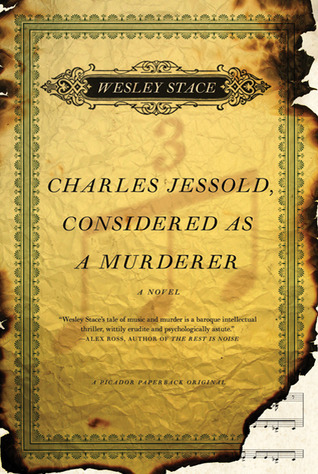What do you think?
Rate this book


389 pages, Paperback
First published January 1, 2010
Yet I had to admit that I too felt the wonder of the music, its power, its horror. I had laughed at Jessold's "breeze from other planets," but I had experienced it, that chill wind blowing from the future, in the hairs on the back of my neck, in my soul.Stace is brilliant at showing how Jessold steered his way between these various influences. He makes the composer always plausible, but very much his own man. If there is any one composer whose early music one thinks of more than others, it is Benjamin Britten, and the 1945 premiere of Britten's Peter Grimes is another of the brilliant musical set-pieces in the book.